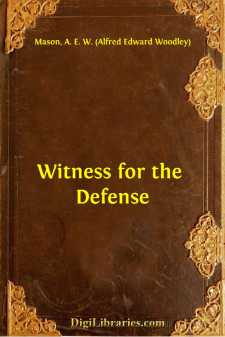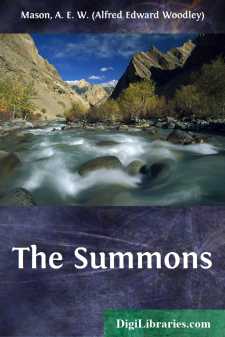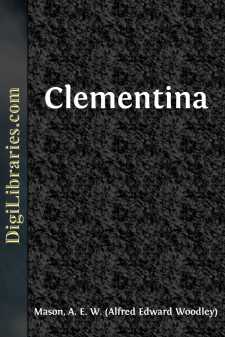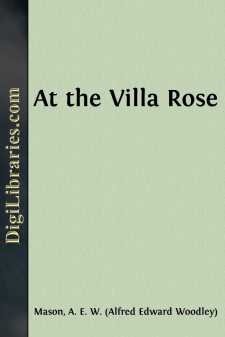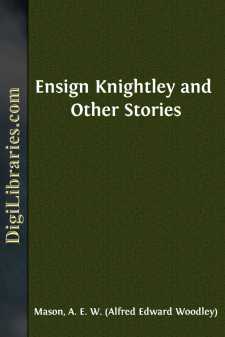Categories
- Antiques & Collectibles 13
- Architecture 36
- Art 48
- Bibles 22
- Biography & Autobiography 813
- Body, Mind & Spirit 142
- Business & Economics 28
- Children's Books 17
- Children's Fiction 14
- Computers 4
- Cooking 94
- Crafts & Hobbies 4
- Drama 346
- Education 46
- Family & Relationships 57
- Fiction 11829
- Games 19
- Gardening 17
- Health & Fitness 34
- History 1377
- House & Home 1
- Humor 147
- Juvenile Fiction 1873
- Juvenile Nonfiction 202
- Language Arts & Disciplines 88
- Law 16
- Literary Collections 686
- Literary Criticism 179
- Mathematics 13
- Medical 41
- Music 40
- Nature 179
- Non-Classifiable 1768
- Performing Arts 7
- Periodicals 1453
- Philosophy 64
- Photography 2
- Poetry 896
- Political Science 203
- Psychology 42
- Reference 154
- Religion 513
- Science 126
- Self-Help 84
- Social Science 81
- Sports & Recreation 34
- Study Aids 3
- Technology & Engineering 59
- Transportation 23
- Travel 463
- True Crime 29
Witness for the Defense
Description:
Excerpt
CHAPTER I
HENRY THRESK
The beginning of all this difficult business was a little speech which Mrs. Thresk fell into a habit of making to her son. She spoke it the first time on the spur of the moment without thought or intention. But she saw that it hurt. So she used it again—to keep Henry in his proper place.
"You have no right to talk, Henry," she would say in the hard practical voice which so completed her self-sufficiency. "You are not earning your living. You are still dependent upon us;" and she would add with a note of triumph: "Remember, if anything were to happen to your dear father you would have to shift for yourself, for everything has been left to me."
Mrs. Thresk meant no harm. She was utterly without imagination and had no special delicacy of taste to supply its place—that was all. People and words—she was at pains to interpret neither the one nor the other and she used both at random. She no more contemplated anything happening to her husband, to quote her phrase, than she understood the effect her barbarous little speech would have on a rather reserved schoolboy.
Nor did Henry himself help to enlighten her. He was shrewd enough to recognise the futility of any attempt. No! He just looked at her curiously and held his tongue. But the words were not forgotten. They roused in him a sense of injustice. For in the ordinary well-to-do circle, in which the Thresks lived, boys were expected to be an expense to their parents; and after all, as he argued, he had not asked to be born. And so after much brooding, there sprang up in him an antagonism to his family and a fierce determination to owe to it as little as he could.
There was a full share of vanity no doubt in the boy's resolve, but the antagonism had struck roots deeper than his vanity; and at an age when other lads were vaguely dreaming themselves into Admirals and Field-Marshals and Prime-Ministers Henry Thresk, content with lower ground, was mapping out the stages of a good but perfectly feasible career. When he reached the age of thirty he must be beginning to make money; at thirty-five he must be on the way to distinction—his name must be known beyond the immediate circle of his profession; at forty-five he must be holding public office. Nor was his profession in any doubt. There was but one which offered these rewards to a man starting in life without money to put down—the Bar.
So to the Bar in due time Henry Thresk was called; and when something did happen to his father he was trained for the battle. A bank failed and the failure ruined and killed old Mr. Thresk. From the ruins just enough was scraped to keep his widow, and one or two offers of employment were made to Henry Thresk.
But he was tenacious as he was secret. He refused them, and with the help of pupils, journalism and an occasional spell as an election agent, he managed to keep his head above water until briefs began slowly to come in.
So far then Mrs. Thresk's stinging speeches seemed to have been justified. But at the age of twenty-eight he took a holiday....


